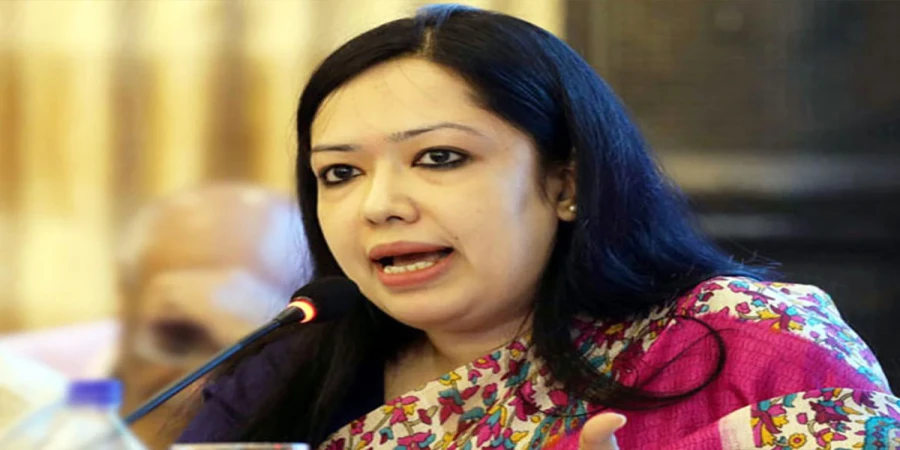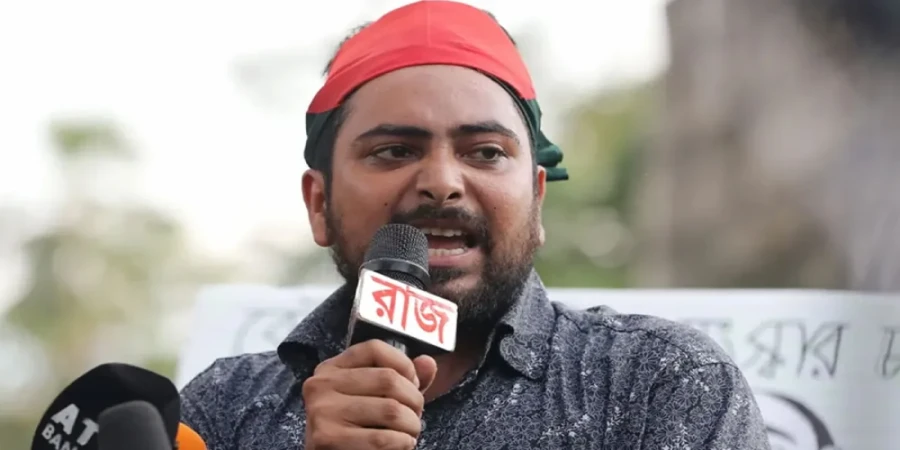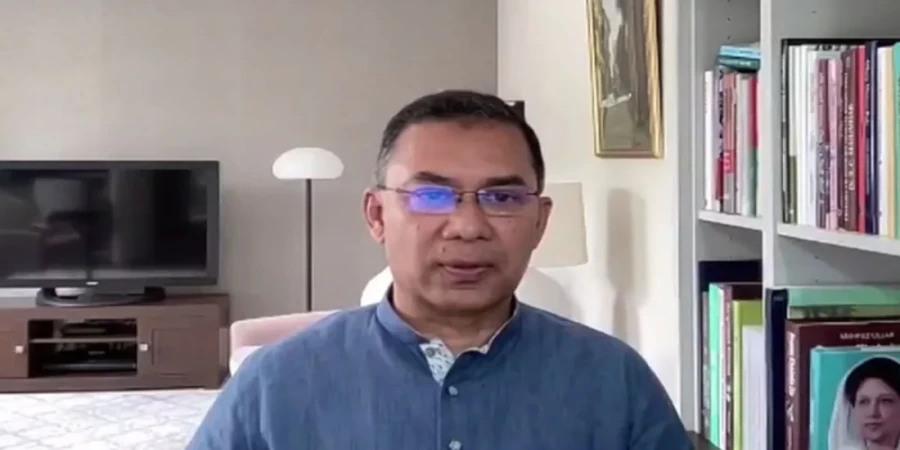
ছবি: -Collected Photo
BNP’s Assistant International Affairs Secretary, Rumeen Farhana, has accused the government of deliberately allowing “mob culture” to persist in the country, claiming that the ruling authorities benefit politically from the unrest. Speaking on a private television channel’s talk show recently, she alleged that the government’s silent support for mob violence has turned it into a tool for exerting pressure on society.
According to Rumeen, the rise in mob incidents reflects the fragile state of the nation. “The situation in the country is disastrous. Just look—370 or perhaps 380 mob incidents took place in the past 365 days. If a country experiences 370 mob incidents in a year, not even a mad person would want to invest there. Not even a mad person would want to live there,” she said.
She further argued that Bangladesh has been suffering from a “brain drain” for decades, as educated citizens and their children have increasingly sought opportunities abroad. “Over the past 40 years, we have witnessed a massive brain drain from Bangladesh. Most children of educated families are already settled outside the country. Even those who remain are considering leaving. I hear it all the time within my own circles of friends and acquaintances—people want to give up on the country,” she noted.
Accusing the government of directly sheltering mob activities, Rumeen claimed the ruling party uses them as substitutes for a grassroots political network. “Do you know why there were 370 mob incidents in 365 days? Because the government wants mobs to exist. It benefits from them. This government has no grassroots workforce, no real party structure, no affiliated organizations. Whenever the government wants to create pressure or show force but cannot do it itself, it uses mobs to create the illusion of public demand. Whether in Shahbagh or in front of Jamuna, mobs are mobilized to serve government interests,” she alleged.
Rumeen stressed that only a truly elected government can put an end to mob violence. Citing a conversation with a journalist, she highlighted alarming statistics about rising crime. “Just yesterday, a journalist told me that in his report he found a person is killed every few hours in Bangladesh. There is no peace here. The government has failed to provide even the most basic sense of security that requires no special resources.”
While she admitted that elections alone may not resolve every crisis overnight, Rumeen emphasized the importance of accountability and an unbroken chain of authority. “If elections are held, you will at least have an accountable government. Elections would establish a command chain from the center down to the grassroots. Law enforcement would know who is linked to crimes. And if the party that wins is willing to take a firm stand—that crimes will not be overlooked regardless of the perpetrator’s financial, social, or political background—and if the administration is instructed to take strong action, then believe me, it will not take long for the country’s situation to change,” she said.
Rumeen’s remarks reflect the opposition’s long-standing critique of the government’s handling of law and order. By linking mob violence with political strategy, she painted a picture of a system where chaos is not only tolerated but allegedly cultivated to secure political advantage.
repoter





